Something Most Dog Owners Can Relate To
Others are reading now
Dogs are amazing pets, but they can also have behavioral challenges that require training and patience.
Some issues stem from natural instincts, while others arise due to a lack of socialization or improper upbringing.
Fortunately, most problems can be solved with the right approach and consistent training.
It’s important to understand why a dog exhibits a particular behavior before attempting to change it.
Also read
By using positive training methods and setting clear boundaries, you can help your dog feel more secure and well-behaved.
Begging for Food

Dogs naturally try to get a bite of your food, but giving them scraps reinforces begging behavior.
Consistently ignore them during meals so they learn that begging doesn’t work.
Instead, reward them with a treat after your meal to reinforce good behavior.
Over time, your dog will understand that begging is not rewarded.
Fear of Stairs
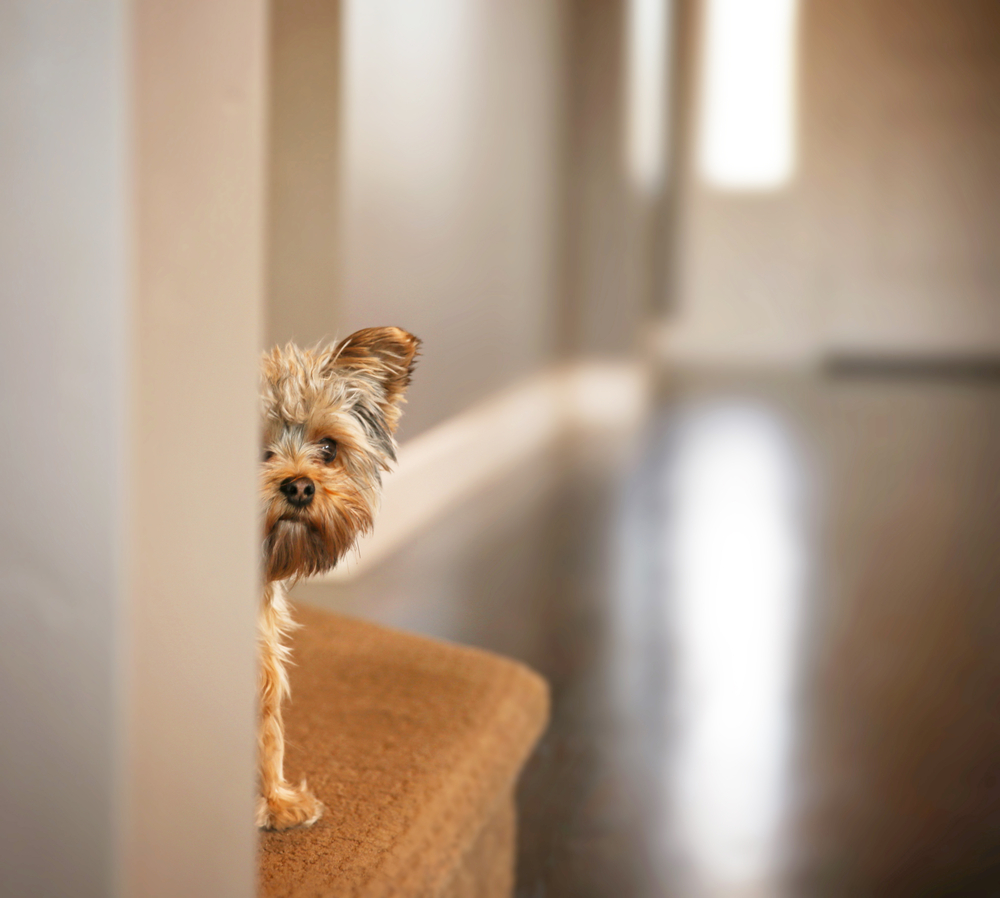
Some dogs are afraid of stairs, but they can overcome this fear with patience.
Train them gradually, rewarding them when they take even a single step.
Small steps and positive reinforcement can make a big difference.
With time and practice, your dog will feel more confident.
Pulling on the Leash
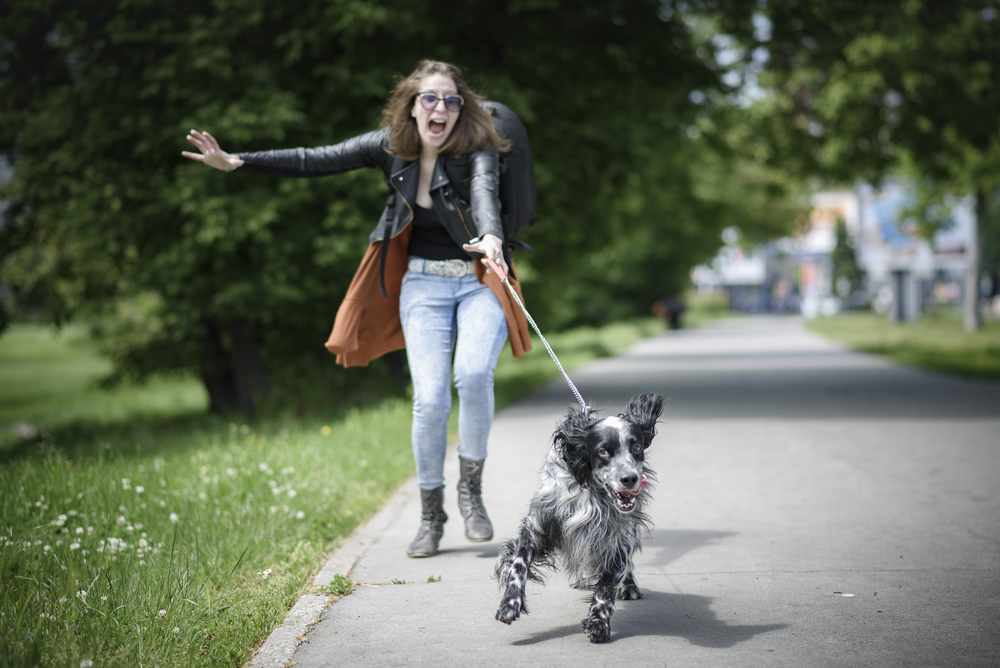
It can be frustrating when a dog pulls on the leash during walks.
Start training in a calm environment with minimal distractions.
Reward your dog for walking nicely beside you.
Once they master this, gradually increase the challenge by walking in busier areas.
Jumping Up
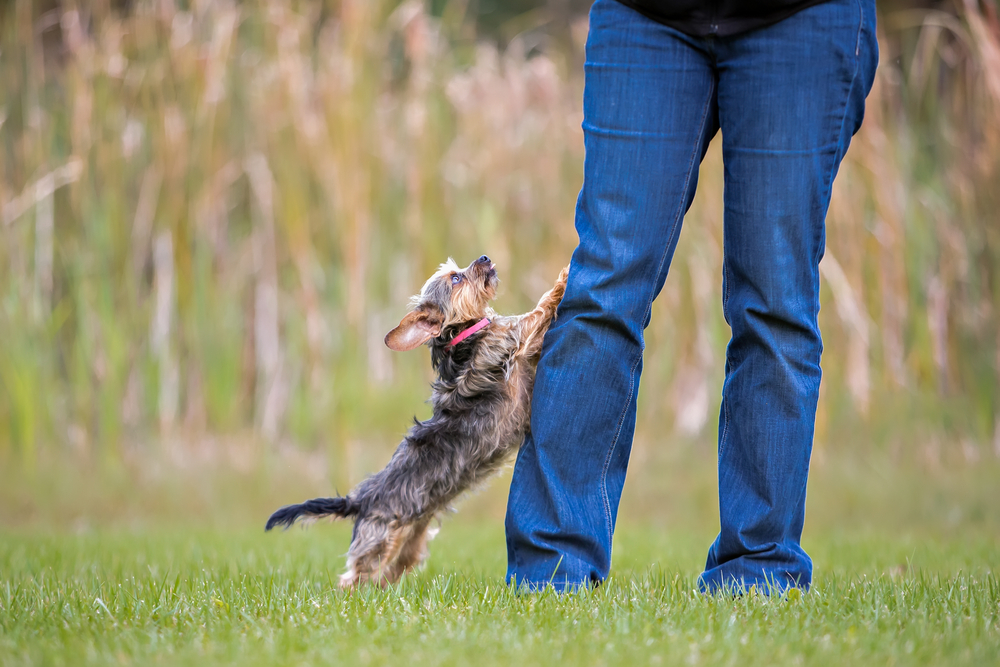
Dogs often jump up out of excitement or to seek attention, but this can be problematic, especially with larger dogs.
The best solution is to ignore them and turn your back until they calm down.
Once they sit calmly, reward them with praise or a treat.
This teaches your dog that calm behavior earns attention.
Chewing

Dogs love to chew, and for puppies, it helps with teething.
The problem arises when they chew on things they shouldn’t, like shoes or furniture.
A sharp sound can redirect them, and you should immediately offer an approved chew toy.
This helps them learn what is acceptable to chew on.
Bad Odor
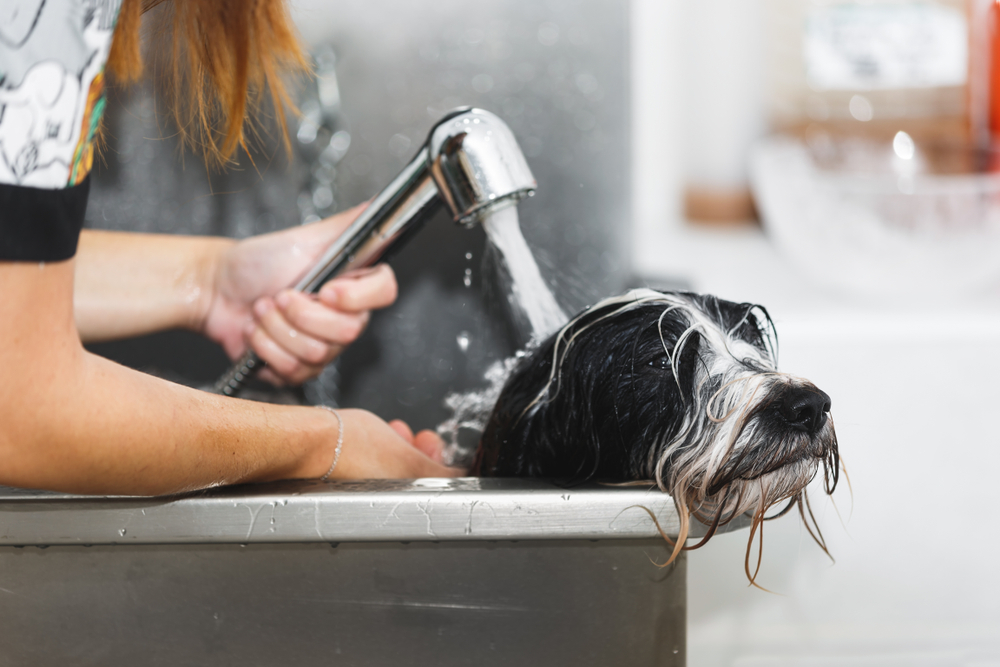
If your dog smells bad between baths, dry shampoo can be a good solution.
Some odor issues are caused by skin or ear infections, so it’s important to check your dog’s coat and ears regularly.
A healthy diet can also affect your dog’s scent. If the problem persists, a vet visit may be necessary.
Bad Breath
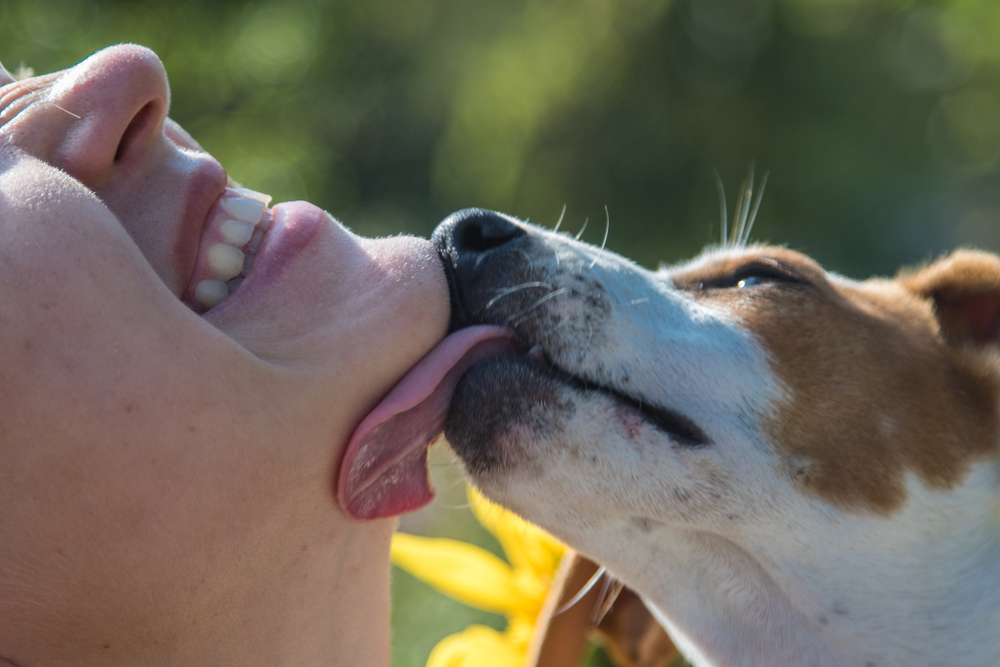
Bad breath in dogs can be caused by dental issues, plaque, or even allergies.
Regular tooth brushing can help, but if the odor continues, a vet should check your dog’s mouth.
Sometimes, a change in diet can also improve breath.
Preventative dental care is essential for overall health.
Excessive Barking
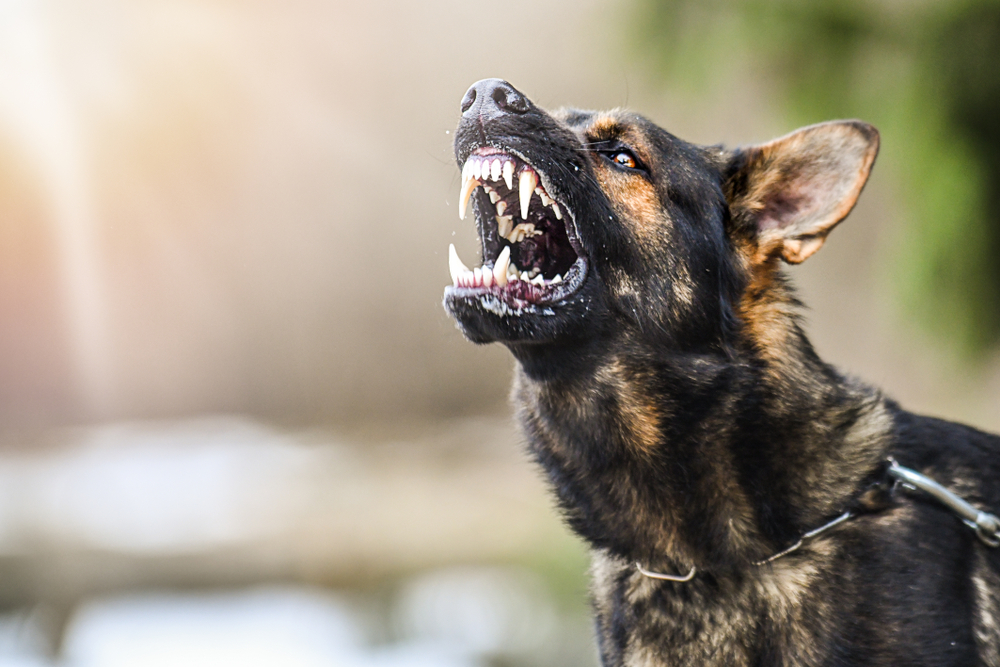
Dogs bark for many reasons, but excessive barking can be a challenge.
It’s important to understand why your dog is barking and train them to stop on command.
Practicing the “quiet” command and rewarding calm behavior can be effective.
With patience and consistency, unnecessary barking can be reduced.
Digging
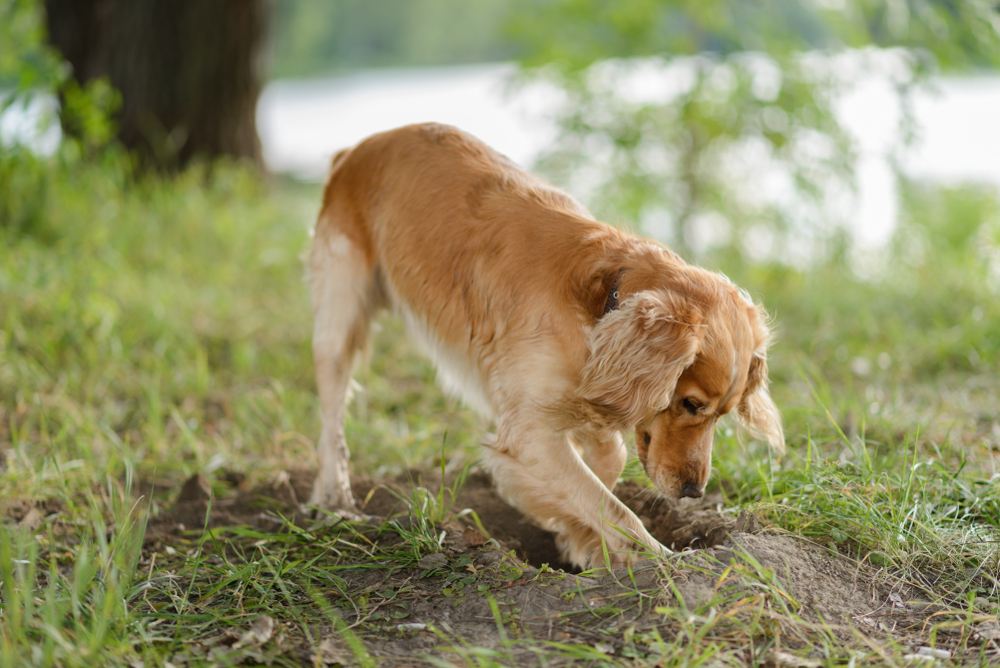
Digging is a natural behavior often caused by boredom or excess energy.
Dogs may also dig to hide things or cool down.
Regular exercise and mental stimulation can help reduce the urge to dig.
If the behavior persists, providing a sandbox or taking them to the beach might be a good solution.
Chasing People, Animals, or Vehicles

Dogs have a natural hunting instinct, but chasing can be dangerous if they go after people, animals, or cars.
A good solution is to allow them to chase in a controlled environment, such as with a ball or toy.
Training them to come when called and rewarding obedience helps manage their instinct safely.
Too Much or Too Little Exercise

A dog’s activity level should match its breed, age, and size.
Too little exercise can lead to behavioral problems, while too much can cause injuries.
A well-balanced exercise routine ensures a healthy and happy dog.
Monitor your dog’s energy levels and adjust activities accordingly.
Separation Anxiety
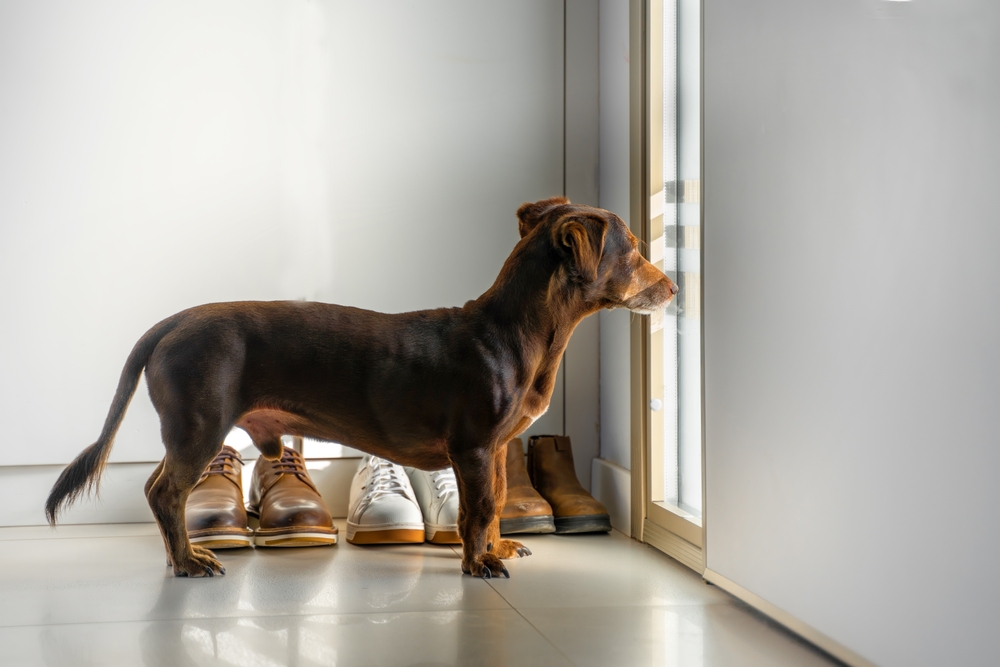
Many dogs experience stress when left alone, which can lead to destructive behavior.
It’s important to gradually train your dog to become comfortable being alone.
If the issue is severe, professional training or, in some cases, medication may be necessary.
Establishing a reassuring routine can help your dog feel more secure.
Aggressive Behavior

Aggression in dogs can stem from fear, pain, or lack of socialization.
It’s crucial to identify the cause and work on training to reduce the issue.
If your dog shows persistent aggressive behavior, seeking professional help is recommended.
This ensures the safety of both your dog and those around them.
Eating Feces
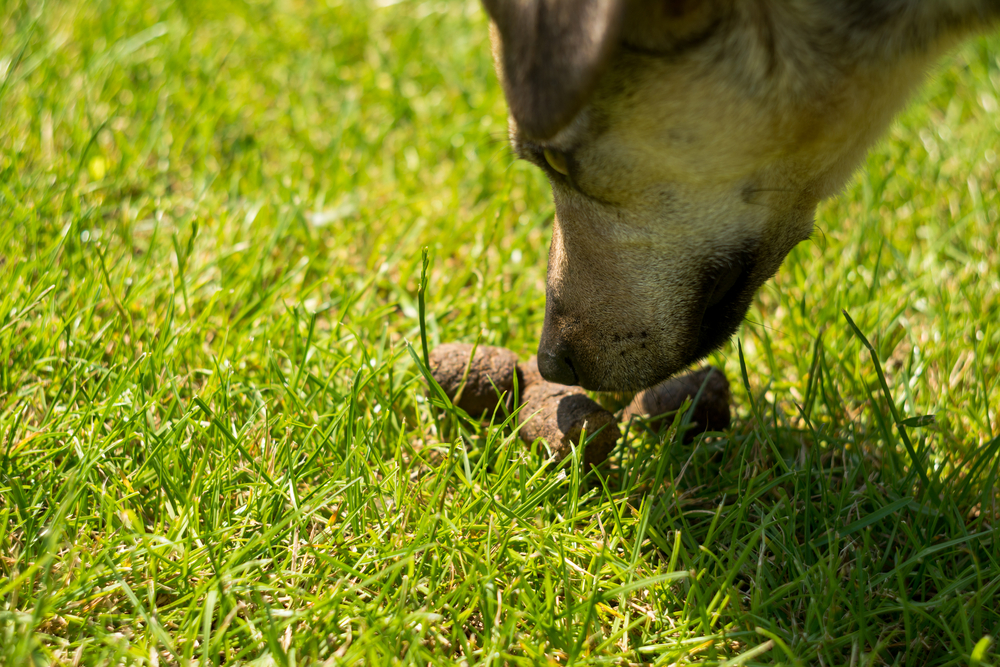
Some dogs develop the unpleasant habit of eating feces, but it can be prevented.
Keep the environment clean and remove waste promptly.
During walks, stay attentive and distract your dog if they show interest in feces.
In some cases, dietary supplements can help if the behavior is due to a nutrient deficiency.


